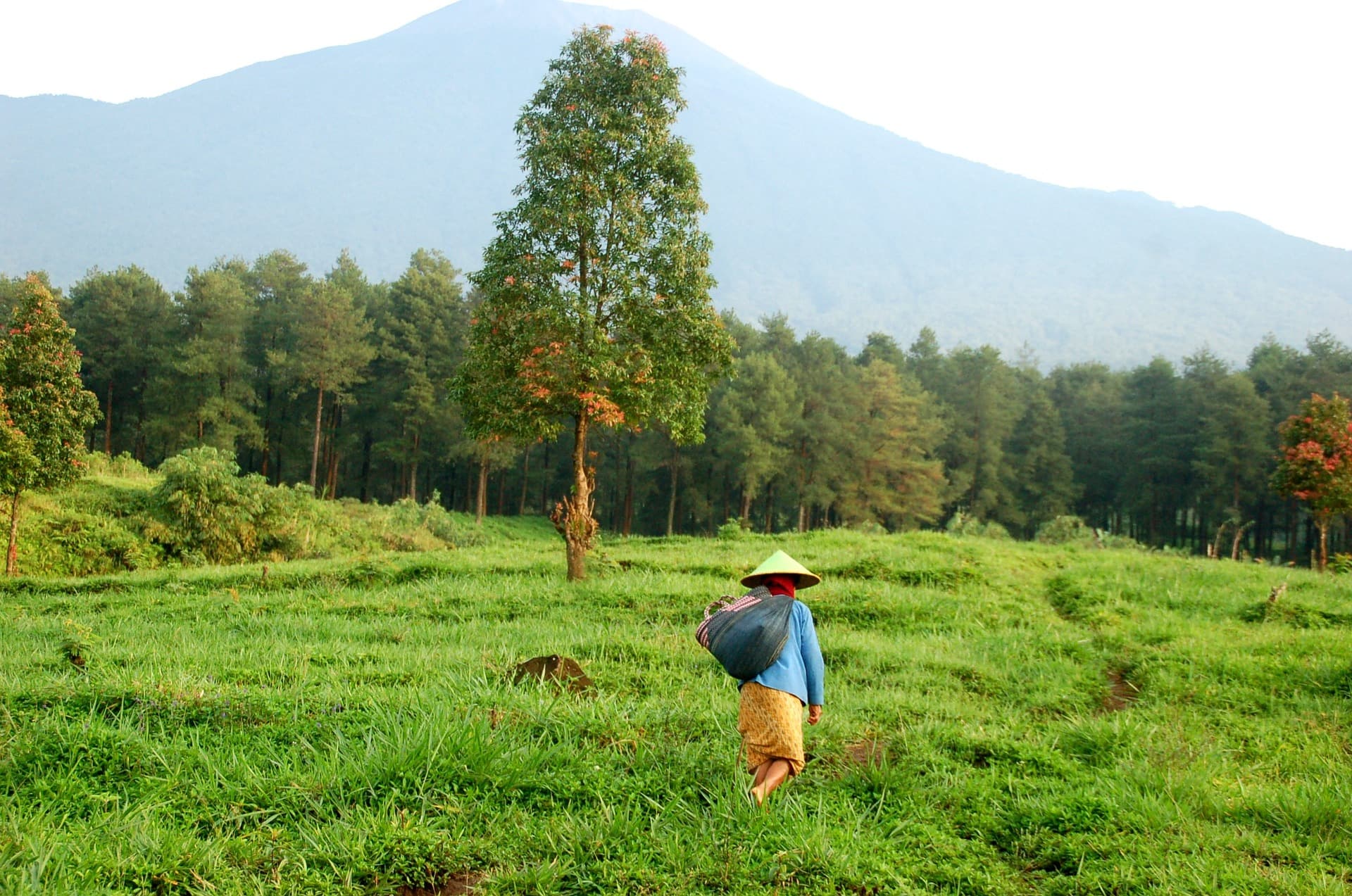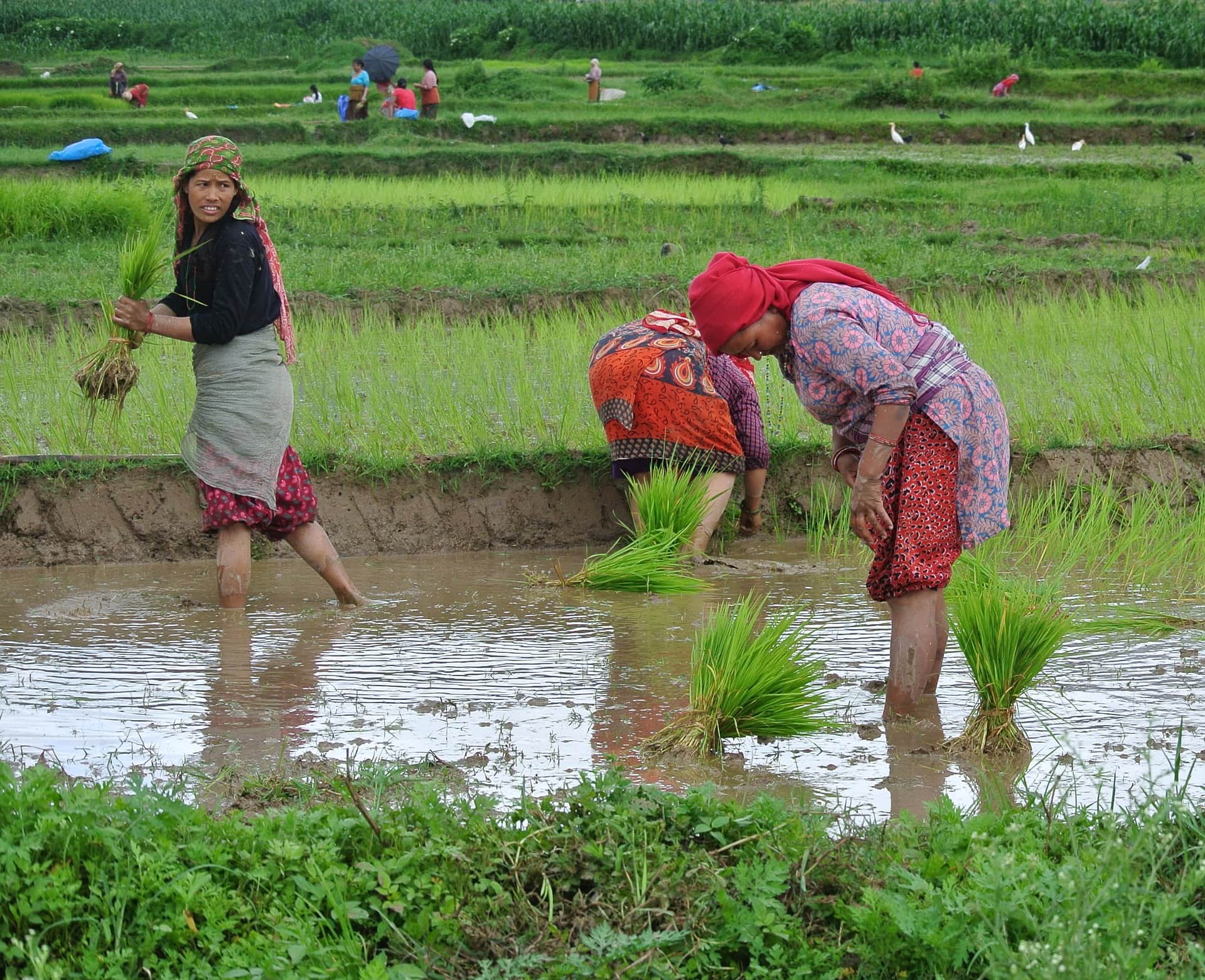[In the News] Climate Change and Food Security in Nepal
Over the past few years, Nepal has faced troubling weather events and a substantial body of evidence points to climate change as a primary cause. Longer droughts, frequent flooding of rivers (due to melting glaciers), and extended summer seasons have directly impacted agricultural production and the availability of food, most especially for poorer communities. This recent article by The Diplomat discusses this in more depth.

There is a substantial body of evidence that points to climate change as jeopardizing food security in Nepal. A recent study by the WFP concludes that food security in Nepal is highly sensitive to climate risks. The study highlights that recent climate-related events in Nepal like droughts, floods, and glacial melt impact crop production, people’s access to markets, and income. As per data revealed by the Central Bureau of Statistics (CBS) of Nepal, “over the last decade, around 30,845 hectares of land owned by almost five percent of households became uncultivable due to the climate-related hazards.” Studies have predicted that if climate change continues to jeopardize agricultural production in Nepal, the livelihoods of two-thirds of the people will be at risk.
Climate change not only affects agricultural production and availability of food in Nepal, but also has a negative impact on access to food for the poor. Climate-related events have contributed to decreases in agricultural production in Nepal, which in turn has caused high inflation in the food market. The WFP’s report stated that the percentage of households spending a “very high” proportion of their income on food has increased in Nepal, which sequentially has exacerbated poverty and hunger in the country.

Nepal is not the only developing country whose food security is in jeopardy as a result o climate change. Many other countries in sub-Saharan Africa and parts of South Asia face similar threats as well. To counter this food crisis, the article posits that a tangible policy response is needed — specifically, the international community has an obligation to support our fellow community members in those countries, like Nepal, that are often hit hardest by climate change-induced food insecurity.
WEA’s South Asia Small Grants Initiative reflects our commitment to these efforts. From 2012-2015, this initiative provided women-led grassroots organizations with strategic small grants to fuel collective efforts and social movements in India and Nepal. Today, the groups we partnered with continue to work tirelessly to ensure food sovereignty, environmental sustainability, climate justice and dignified livelihoods for women in their communities and regions.
Read the full article by The Diplomat here, and for more information on our South Asia Small Grants Initiative, visit our project page.
